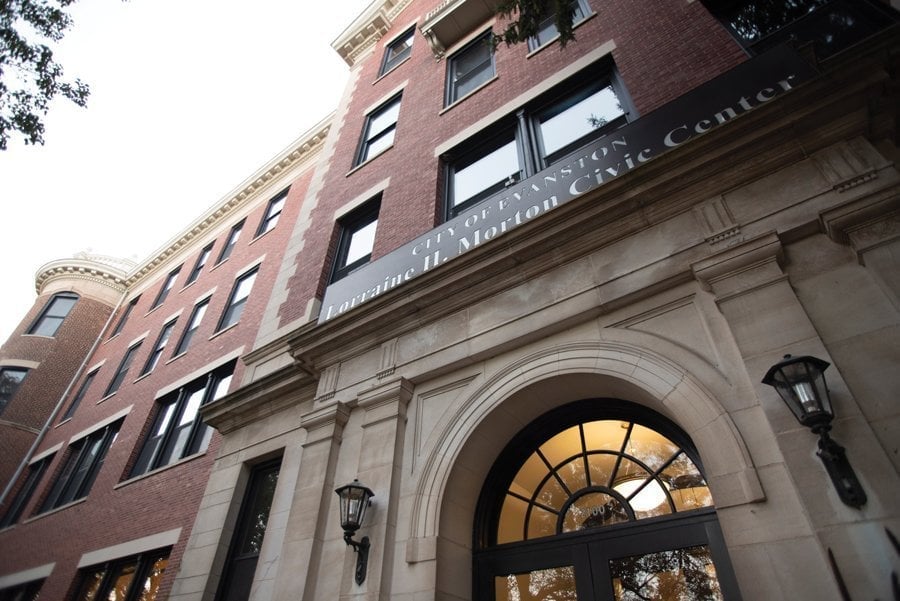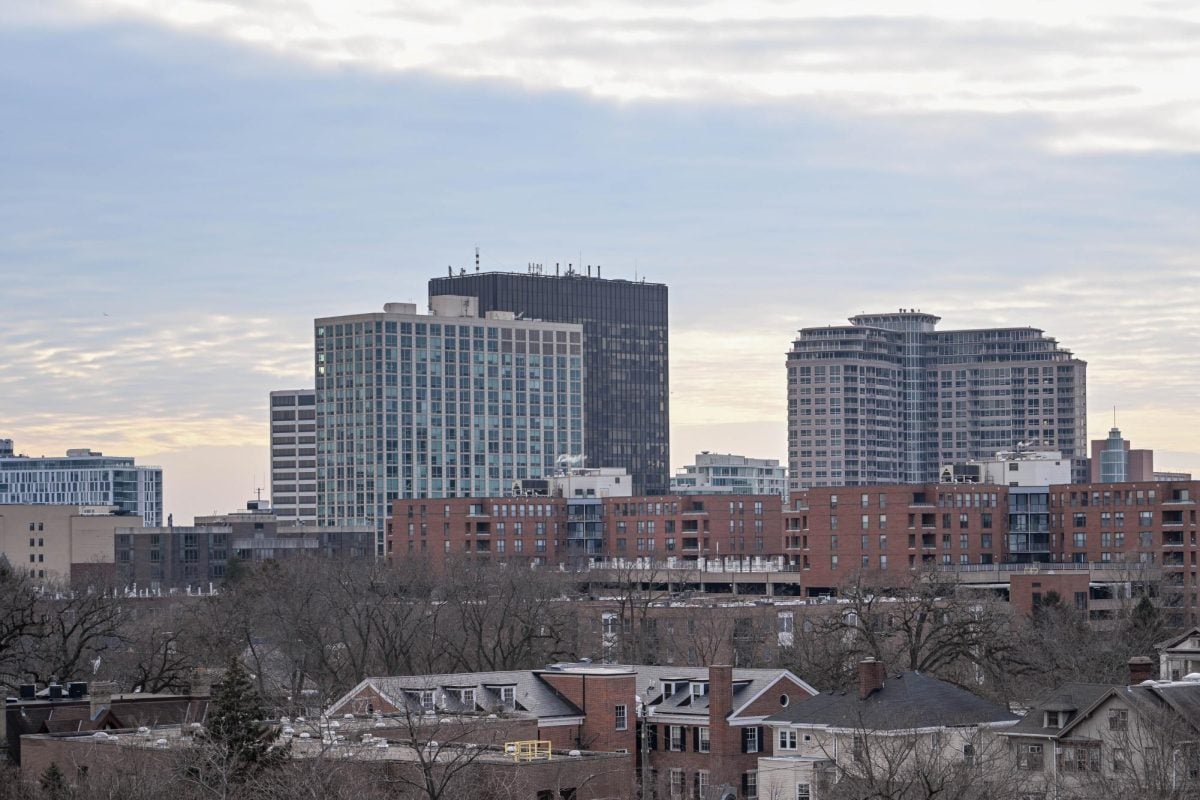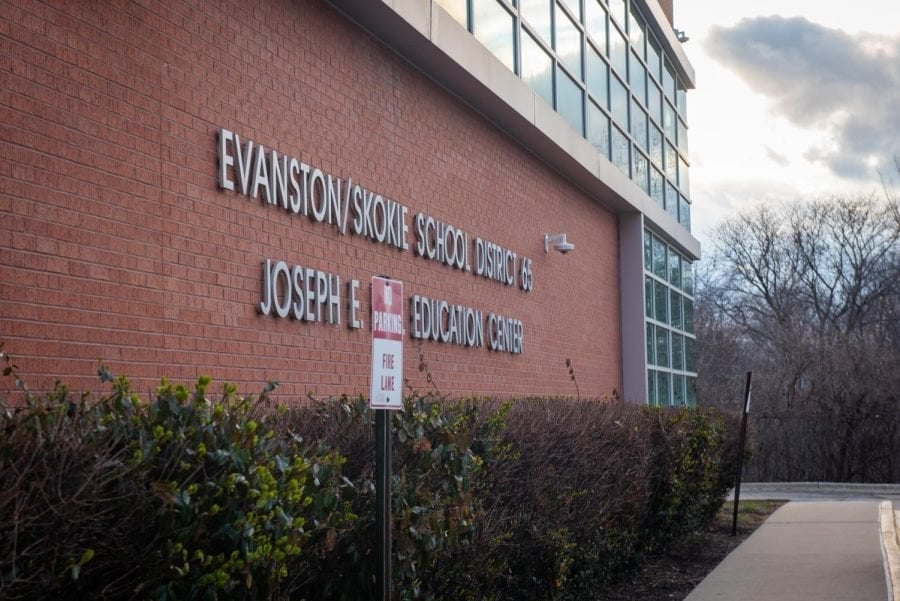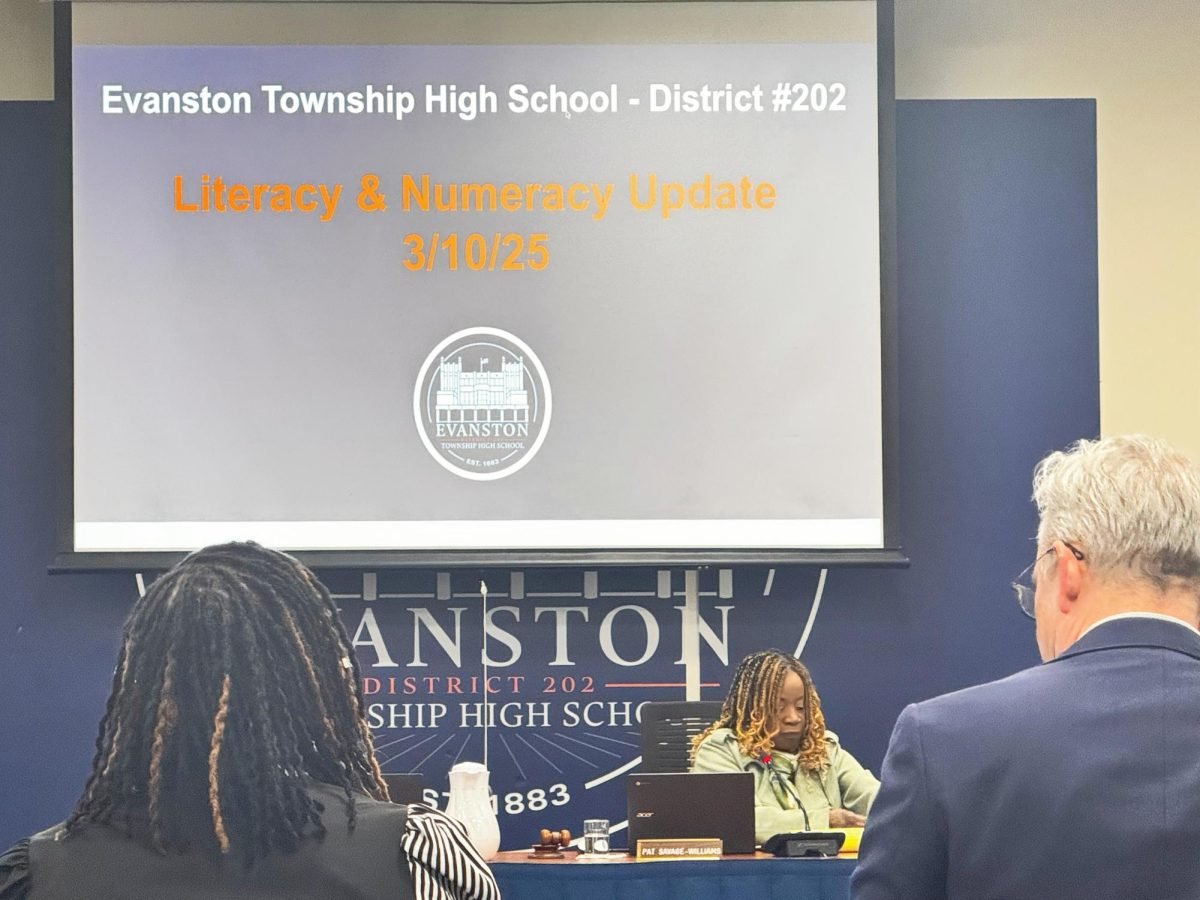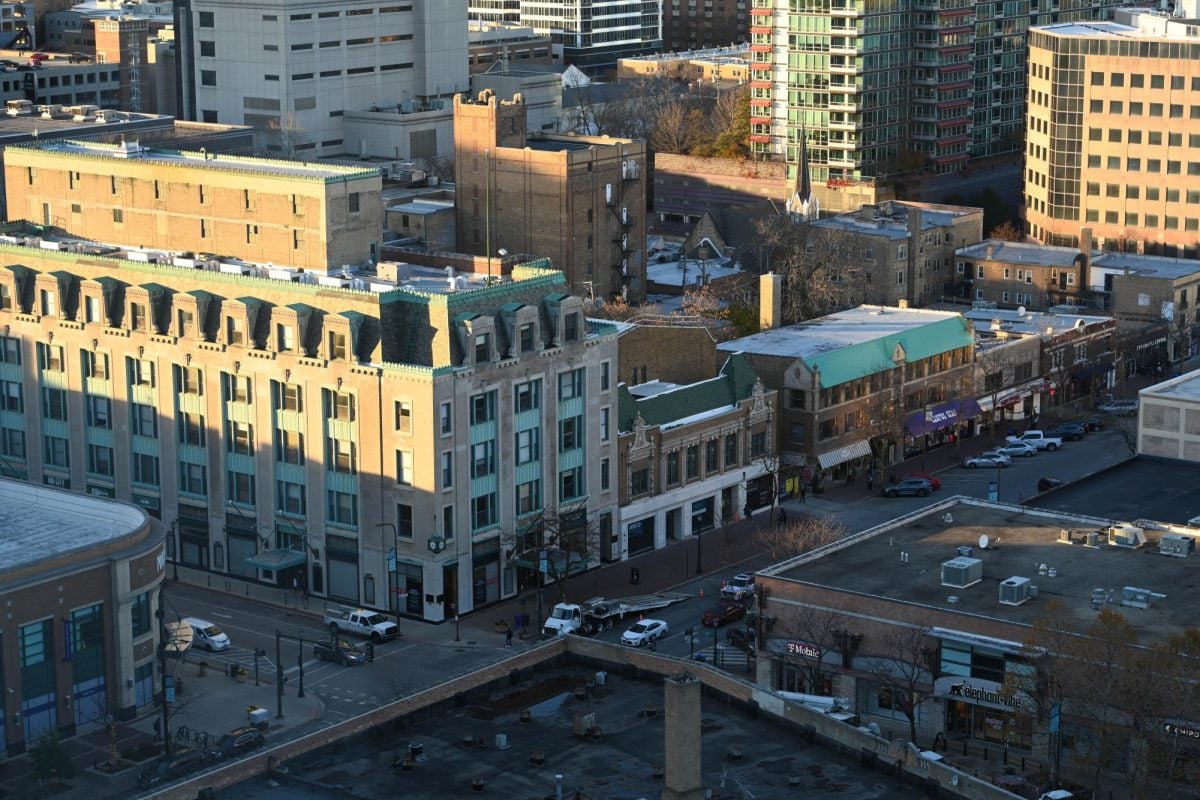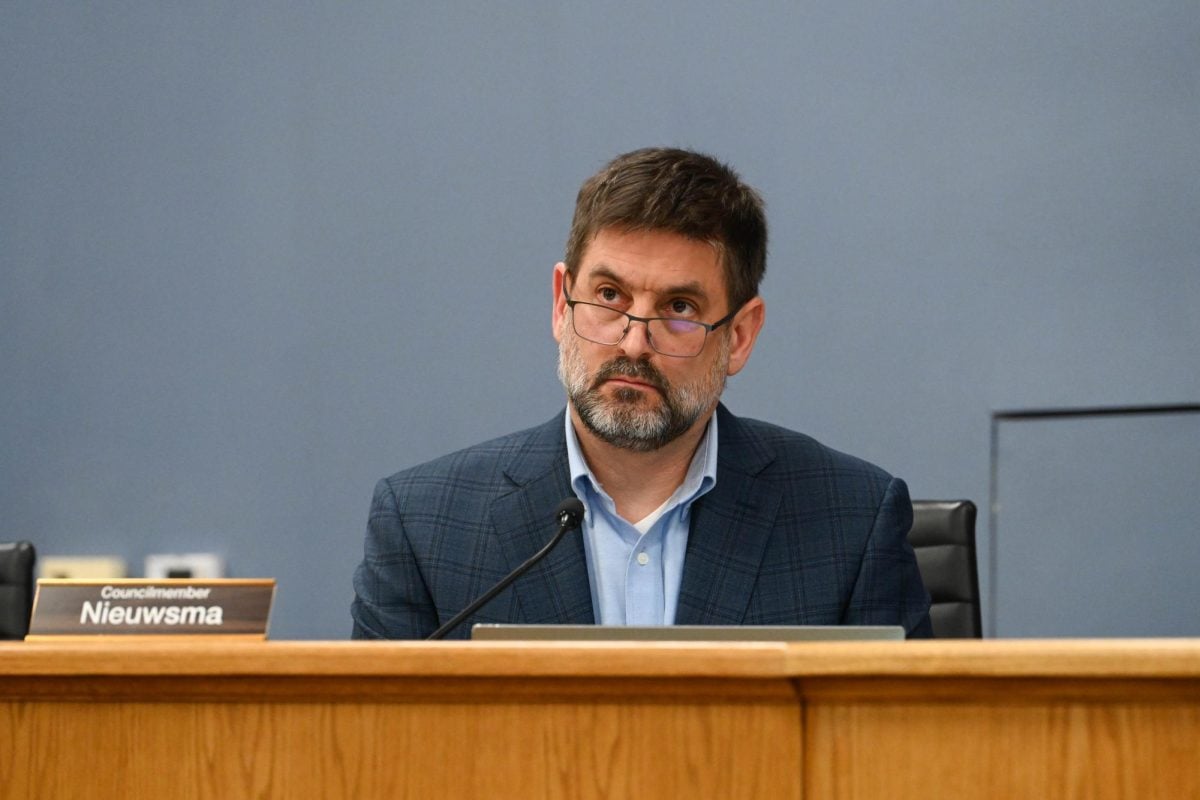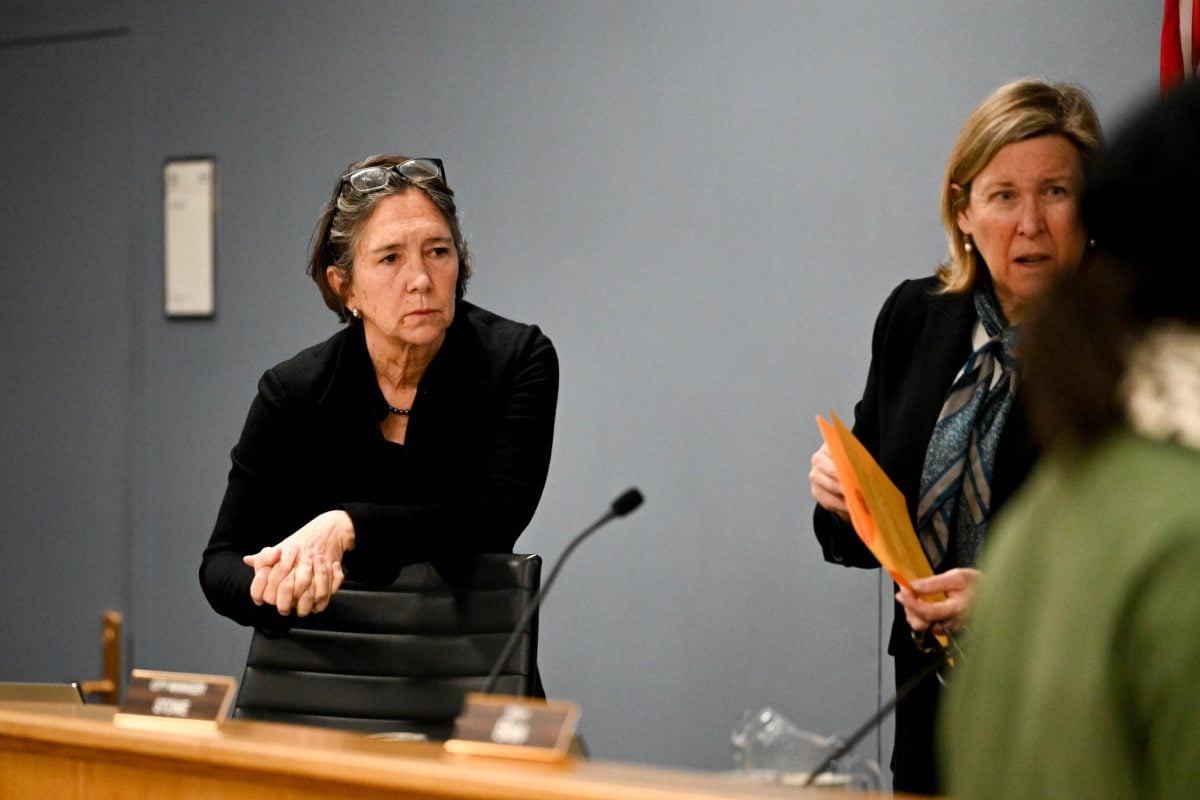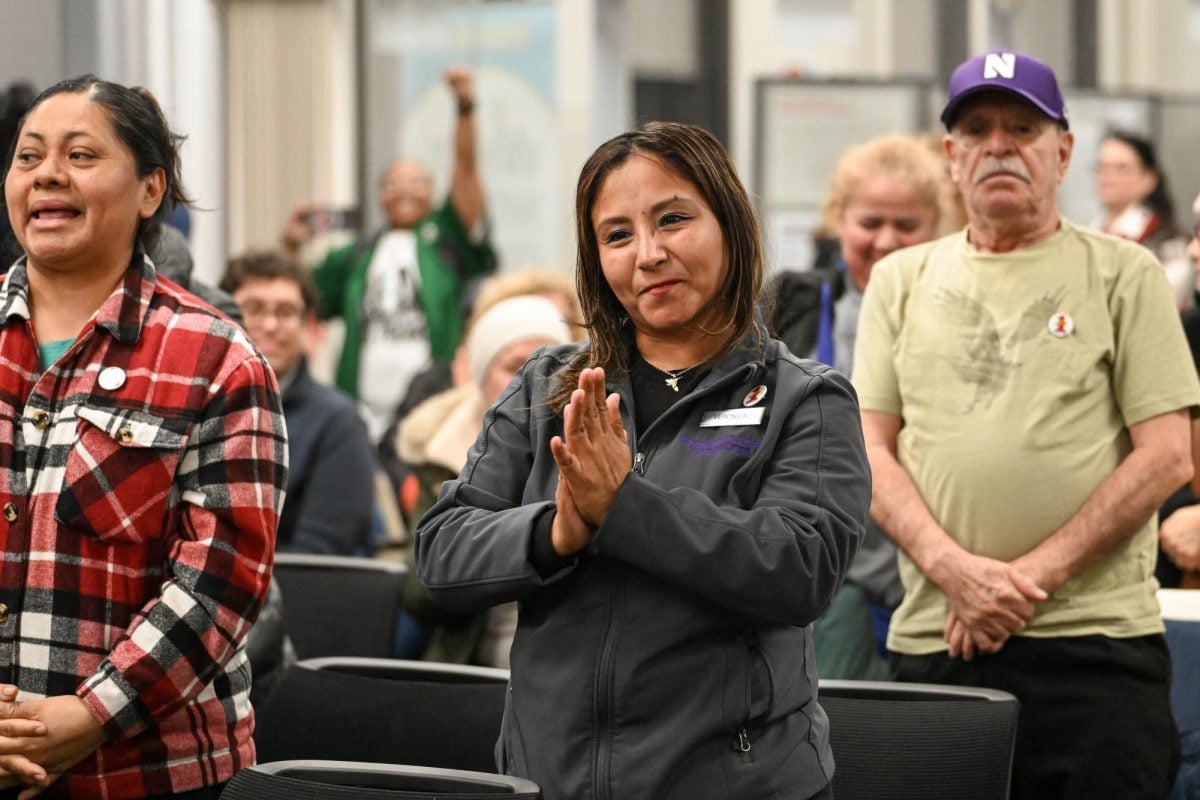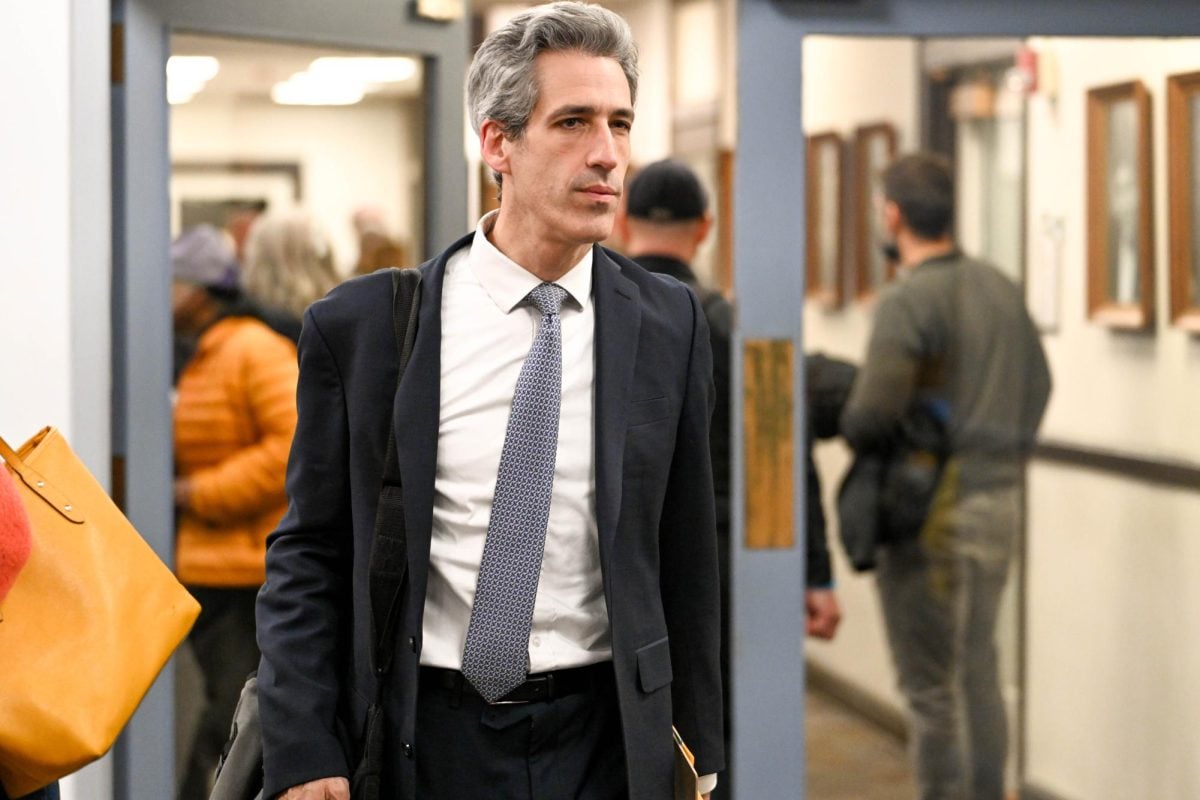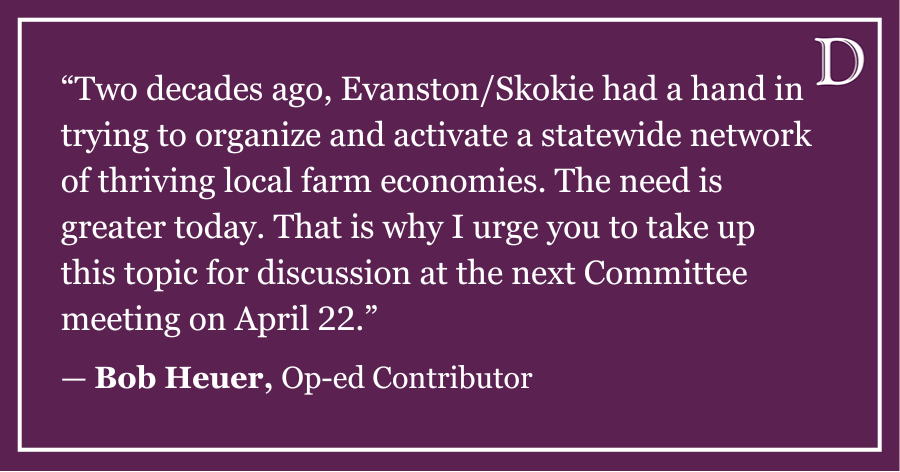Evanston City Council put a momentary pause on Northwestern’s plans to rebuild Ryan Field Monday night, tabling three ordinances related to the stadium’s construction until a special meeting on Nov. 20.
The 6-2 vote comes one day after Northwestern put forward an expanded proposal for its memorandum of understanding with Evanston, which outlines plans for collaborating on the rebuild. The MOU also includes a much-anticipated community benefits agreement, in which NU promises the city $150 million over the next 15 years. Ald. Devon Reid (8th) said NU would actually provide an estimated $175 million, since some of the benefits are set to adjust with inflation.
The revised proposal, tied to the city greenlighting a contentious plan to allow concerts at the new stadium, was at the heart of council’s decision to table the ordinances.
While a majority of councilmembers supported delaying the decision, those in favor of tabling the ordinances were split on why the council should do so.
Ald. Clare Kelly (1st), who seconded the motion to table the ordinances, argued the city should renegotiate the benefits agreement, suggesting that the city outsource representation of residents to a law firm. Kelly said the negotiations thus far have “disenfranchised” her and her residents.
“Obviously, this is a very weak agreement,” she said.
Ald. Jonathan Nieuwsma (4th), who proposed the motion, said he wasn’t interested in continuing to negotiate after spending two weeks pushing NU to expand the agreement. The new proposal is slated to provide the city $50 million more in benefits over five more years than the original proposal.
He said tabling the motion was a way to give the council a chance to review the final memorandum, something he hadn’t been able to do during negotiations.
“I thought two weeks ago, we had a pretty good deal,” Nieuwsma said, referring to the original benefits agreement. “The deal we have in front of us tonight is 75% better than that deal. We have an awesome deal.”
Reid, who was one of two councilmembers to oppose tabling the ordinances, urged the council to immediately approve the benefits agreement, which he described as “strong.” He said weeks of negotiations led to the current version of the agreement and generally criticized other councilmembers who he said made less of an effort to participate in negotiations with Northwestern.
“I just think it’s unfair that councilmembers who haven’t been putting in the time are leading the way (in the tabling process),” Reid said.
Residents have long called for a community benefits agreement to offset the potential impacts of Rebuild Ryan Field. On Oct. 30, just hours before City Council voted to introduce ordinances related to the rebuild project, NU released the original proposed agreement, a move some residents criticized as a “publicity stunt.”
Ph.D. candidate in rhetoric and public culture Adam Goldsmith said the most recent agreement, released on Saturday, felt similar to the first, and that he was left scrambling to take stock of the changes. He said there is a need for greater representation of advocacy groups in negotiations, and hopes to see officials extend the benefits to the full life cycle of the stadium.
“Right now, they’ve got Northwestern up to 15 years (of benefits), but the (zoning) changes would be in perpetuity,” Goldsmith said.
In a statement to The Daily, NU spokesperson Hilary Hurd Anyaso wrote that the university was “disappointed” in the decision to delay the vote but remains hopeful that the council will approve the plans on Nov. 20.
Though Monday’s meeting paused progress on the Ryan Field rebuild, it got the proverbial ball rolling on other issues. The council passed two taxes that would impact potential events held at the rebuilt stadium, increasing the levy on amusement events with more than 5,000 people in attendance and on liquor sales during them.
City Council also introduced an almost $450 million budget for 2024, according to Monday’s meeting packets. However, councilmembers mentioned adjusting budget documents to reflect changes to the Capital Improvement Program. Council will vote on the budget on Nov. 27.
Reid proposed a litany of small tax increases to offset a proposed 7.8% property tax rate hike, which the council will consider on Nov. 27. This includes a proposal to charge large nonprofit entities for use of the city’s fire and ambulance services, a move that may have been aimed at NU.
The University, according to Evanston Fire Department chief Paul Polep, sees approximately 350 annual emergency calls to its campus despite paying no property taxes, which fund partially emergency services.
Councilmembers also raised budget concerns ranging from affordable housing funds to the hiring of new positions on city staff.
Though councilmembers voted unanimously to introduce the budget, Reid urged the council to table the budget until Ryan Field ordinances are dealt with. But with holidays and the end of the council’s term looming, Mayor Daniel Biss warned the council that it was pushing up against the deadline for making budget decisions.
“We have two more regular council meetings scheduled (this year),” Biss said. “So to the extent that the intention of the council is to utilize regular meetings to pass the budget, there’s no more delays available to us.”
Email: colereynolds2026@u.northwestern.edu
Twitter: @charcole27
Related Stories:
— Student organizations talk NU community benefits agreement for the Ryan Field rebuild
— Residents criticize Ryan Field community benefits agreement, call for Council to delay decision

